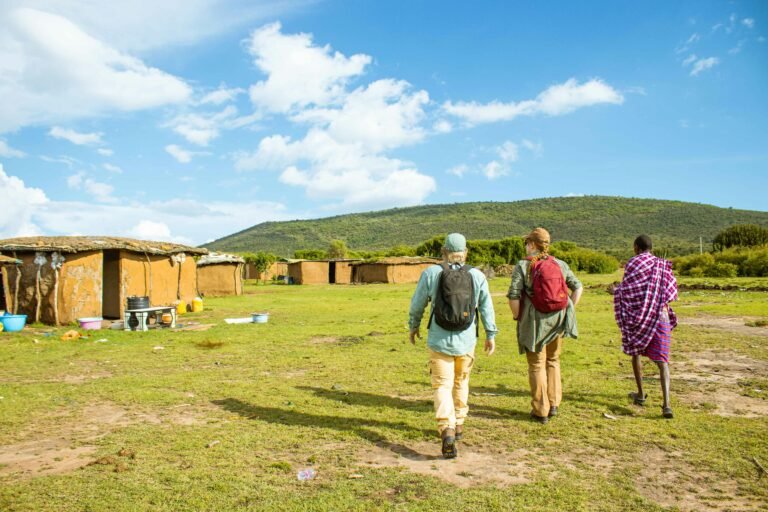What Is a ‘G-Zero’ World?
A report by Eurasia Group highlights the “G-Zero” world as the most significant geopolitical risk of the year. This term refers to a global order without a dominant leader or alliance. Instead of working together, countries focus on their own interests.
This lack of cooperation creates challenges in addressing global problems. For example, issues like climate change, economic instability, and geopolitical tensions are left unresolved. As a result, the world becomes more unstable.
Why Global Cooperation Is Declining
Global collaboration has weakened over the past decade due to rising nationalism, economic uncertainty, and populism. The COVID-19 pandemic made this worse. Countries turned inward to protect their citizens and economies, ignoring broader global issues.
Ian Bremmer, president of Eurasia Group, explained, “Without leadership, the world faces growing instability and unresolved challenges.” For instance, tensions between the United States and China show how rivalry among global powers prevents meaningful cooperation. This competition slows efforts to address shared concerns, such as economic recovery and climate change.
Key Risks in a G-Zero World
The absence of global leadership creates several risks. Climate change is one of the most pressing examples. Without collective action, the transition to renewable energy slows down, and international climate goals remain unmet.
Economic recovery is another challenge. Different nations adopt conflicting policies, which disrupt global trade and worsen inflation. Meanwhile, geopolitical tensions escalate. Regional conflicts, such as the war in Ukraine, are harder to resolve without strong international institutions. The declining influence of organizations like the United Nations and World Trade Organization further complicates matters.
Potential Solutions for a Divided World
Despite these challenges, the report highlights opportunities for progress. Regional alliances, businesses, and grassroots movements can step in to address global problems. For example, smaller nations may lead climate initiatives. Similarly, corporations could drive innovation in sustainability and technology.
These efforts, while not a substitute for unified global leadership, may help reduce some risks. Public-private partnerships and regional cooperation offer promising ways to tackle pressing challenges in a fragmented world.
A Call for New Leadership
The report stresses the need for leadership that reflects today’s multipolar world. Traditional alliances like NATO and institutions such as the European Union must adapt to modern realities. At the same time, countries must find ways to collaborate despite political and ideological differences.
The G-Zero world presents both risks and opportunities. On the one hand, it increases instability. On the other hand, it forces nations to rethink how they solve global problems. Bremmer emphasized, “A G-Zero world is a challenge, but it’s also an opportunity to create better solutions.”
The year ahead will test how nations adapt to a world without clear leadership. Whether this era leads to greater instability or sparks innovation will depend on the choices made by the global community.






